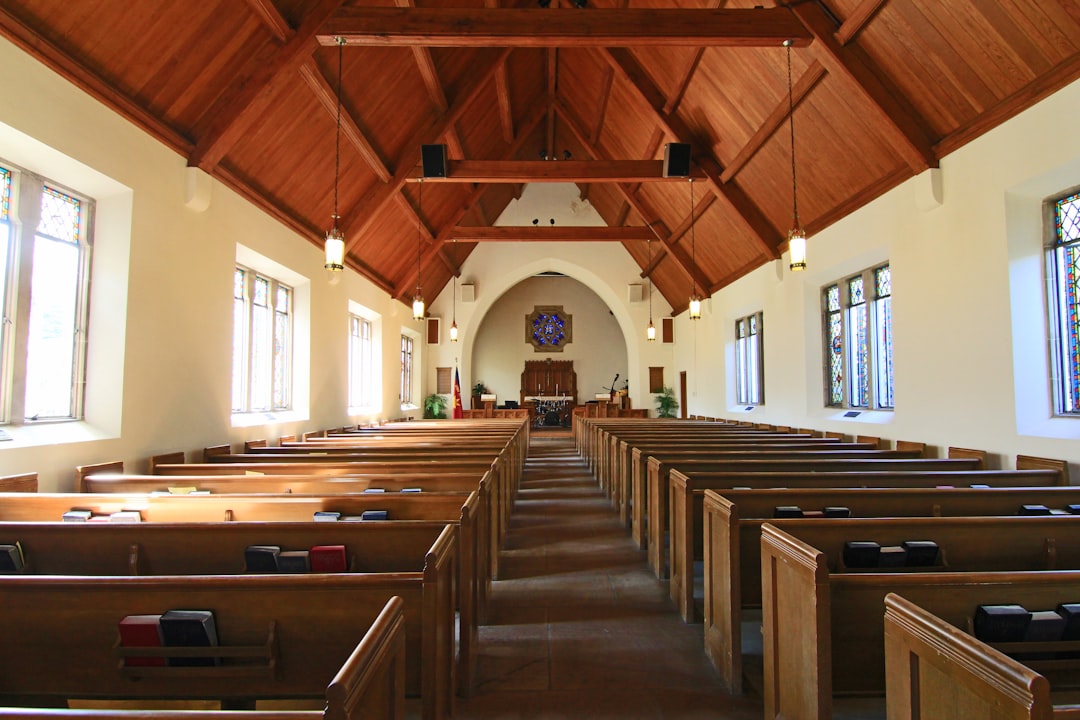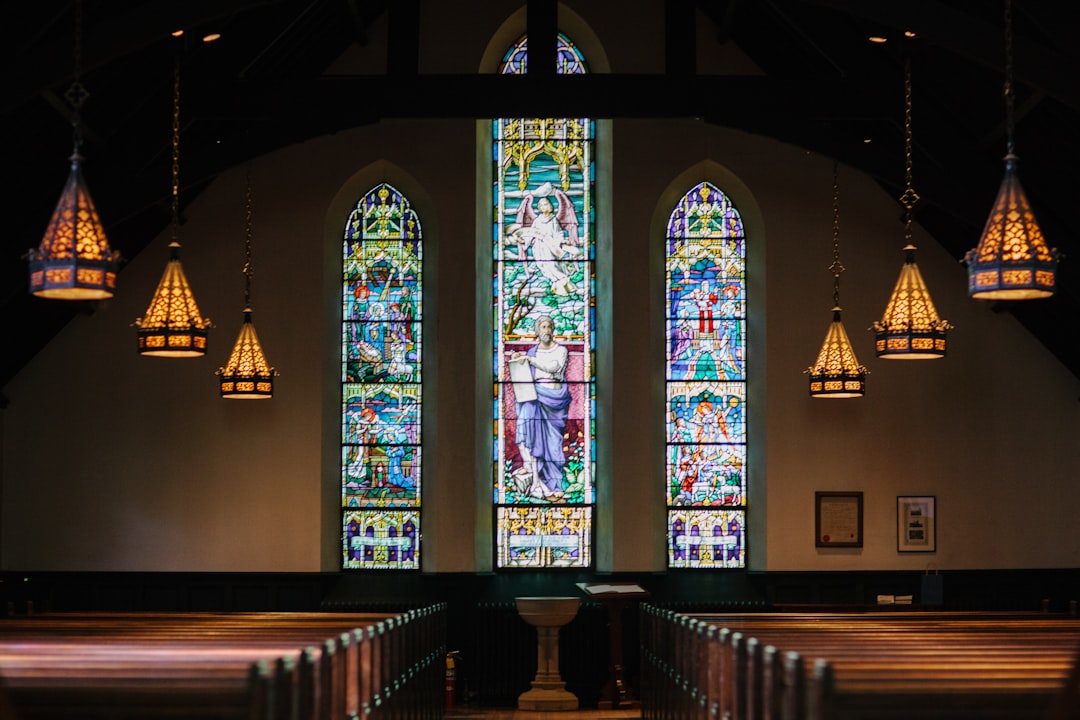Clergy sexual abuse, often hidden due to its sensitive nature, requires understanding for victims seeking justice in Buffalo, NY. Red flags include inappropriate physical contact or manipulation leveraging authority and spiritual influence. Survivors may experience gaslighting, making early intervention crucial. Specialized clergy abuse lawyers guide victims through legal processes, advocate for their rights, and offer tailored representation. Local organizations provide counseling, legal aid, and 24/7 hotlines for confidential support. Healing involves acknowledging the abuse, seeking comfort from trusted sources, joining support groups, and consulting a clergy abuse lawyer in Buffalo, NY. Faith communities foster safety through robust reporting systems, training, and confidential safe spaces, collaborating with lawyers to empower victims to seek justice.
“Surviving clergy sexual abuse is a profound and complex journey, often shrouded in secrecy. This article aims to illuminate the path to healing for Buffalo, NY, residents who have endured such trauma. We delve into the intricacies of recognizing and understanding clerical sexual misconduct, including common patterns and red flags.
For those seeking justice, we guide on the legal rights available when consulting a clergy abuse lawyer in Buffalo, NY. Local support services, recovery steps, and preventative measures for faith communities are also explored, offering comprehensive assistance to survivors.”
Understanding Clergy Sexual Abuse: Recognizing Red Flags and Common Patterns
Clergy sexual abuse is a deeply sensitive and complex issue, often shrouded in secrecy due to its nature within trusted religious institutions. Understanding this type of abuse is crucial for victims seeking justice and healing. Red flags can include inappropriate physical contact, manipulation, or exploitation of a vulnerable individual, especially when coupled with authority or spiritual influence. Many survivors report patterns of gaslighting, where their feelings and experiences are dismissed, leading to self-doubt and isolation.
Buffalo NY clergy abuse lawyers emphasize that recognizing these signs is vital for early intervention and prevention. Common indicators may include sudden changes in behavior, withdrawal from social activities, or persistent fear around specific individuals or situations. By understanding these patterns, victims can find the courage to speak out and seek support from legal professionals specialized in handling such cases sensitively and effectively.
Legal Rights of Survivors: What to Expect When Consulting a Clergy Abuse Lawyer in Buffalo, NY
Survivors of clergy sexual abuse in Buffalo, NY, have specific legal rights and protections. When consulting with a clergy abuse lawyer, individuals can expect to be informed about their rights to seek justice and hold accountable those who caused them harm. A qualified attorney will explain the process of filing a lawsuit, including time limits and the potential for monetary compensation for past suffering, therapy costs, and other associated expenses.
In Buffalo, NY, victims of clergy sexual abuse can find legal support from specialized attorneys who understand the unique challenges they face. These lawyers are equipped to navigate complex laws and work with survivors to ensure their voices are heard. They will advocate for the victim’s rights throughout the legal process, providing guidance and representation tailored to their specific needs.
Support Services Available for Victims in Buffalo, NY: Local Organizations and Hotlines
In Buffalo, NY, victims of clergy sexual abuse can find support through several local organizations dedicated to assisting them. These groups offer a range of services tailored to help survivors heal and rebuild their lives. Many provide counseling, legal aid, and advocacy, ensuring that victims’ voices are heard and their rights protected. A trusted clergy abuse Lawyer Buffalo NY can be instrumental in guiding survivors through the legal process and securing justice.
Hotlines dedicated to supporting victims of sexual abuse operate 24/7, offering confidential and immediate assistance. These hotlines connect individuals with trained professionals who can provide emotional support, answer questions, and help navigate local resources. Together, these local organizations and hotlines form a safety net for those who have suffered at the hands of religious leaders, fostering a sense of community and solidarity among survivors.
The Healing Process: Steps Towards Recovery After Experiencing Clergy Sexual Misconduct
After experiencing clergy sexual misconduct, the healing process is a journey towards recovery and reclaiming one’s life. The first step is often recognizing and acknowledging the abuse, which can be a challenging yet essential phase. Survivors may need support to understand that what happened was not their fault and that it was a violation of their rights and trust. Seeking out a supportive network, whether through trusted friends, family, or professional counselors, can provide much-needed comfort and guidance during this time.
The road to recovery involves several key steps. One is finding the right resources, such as support groups or therapy sessions tailored to address clergy abuse-related trauma. A Buffalo NY clergy abuse lawyer can also play a crucial role in helping survivors understand their legal rights and options for justice. This may include reporting the misconduct, seeking civil litigation, or pursuing criminal charges, depending on the circumstances. Each step is designed to empower survivors, help them process their experiences, and move forward with their lives.
Preventative Measures: How Faith Communities Can Foster Transparency and Safety
In the context of addressing clergy sexual abuse, faith communities in Buffalo, NY, play a vital role in fostering safety and transparency as preventative measures. This includes implementing robust reporting systems that encourage individuals to come forward without fear of reprisal or judgment. Regular training for clergy and lay leaders on recognizing signs of abuse and responding appropriately is essential. Creating safe spaces where survivors can share their experiences confidentially helps build trust within the community.
Additionally, faith communities should promote open dialogue about sexual misconduct, educating members about consent, healthy boundaries, and the potential for abuse in all sectors of society, not just within the church. Collaborating with local legal professionals specializing in clergy abuse cases ensures that victims have access to knowledgeable support. Such partnerships can facilitate better understanding of legal rights and available resources, empowering individuals to seek justice effectively.






